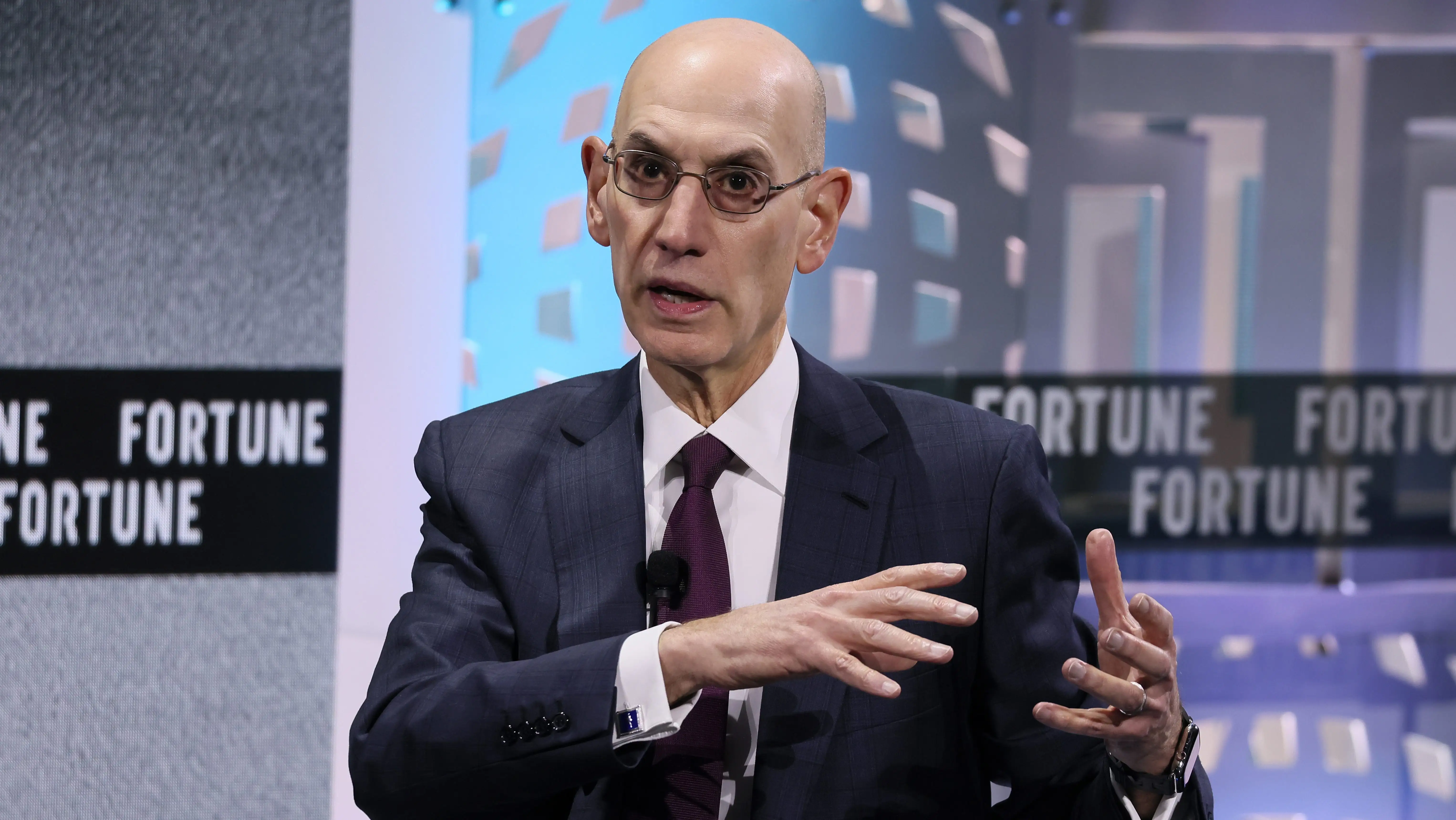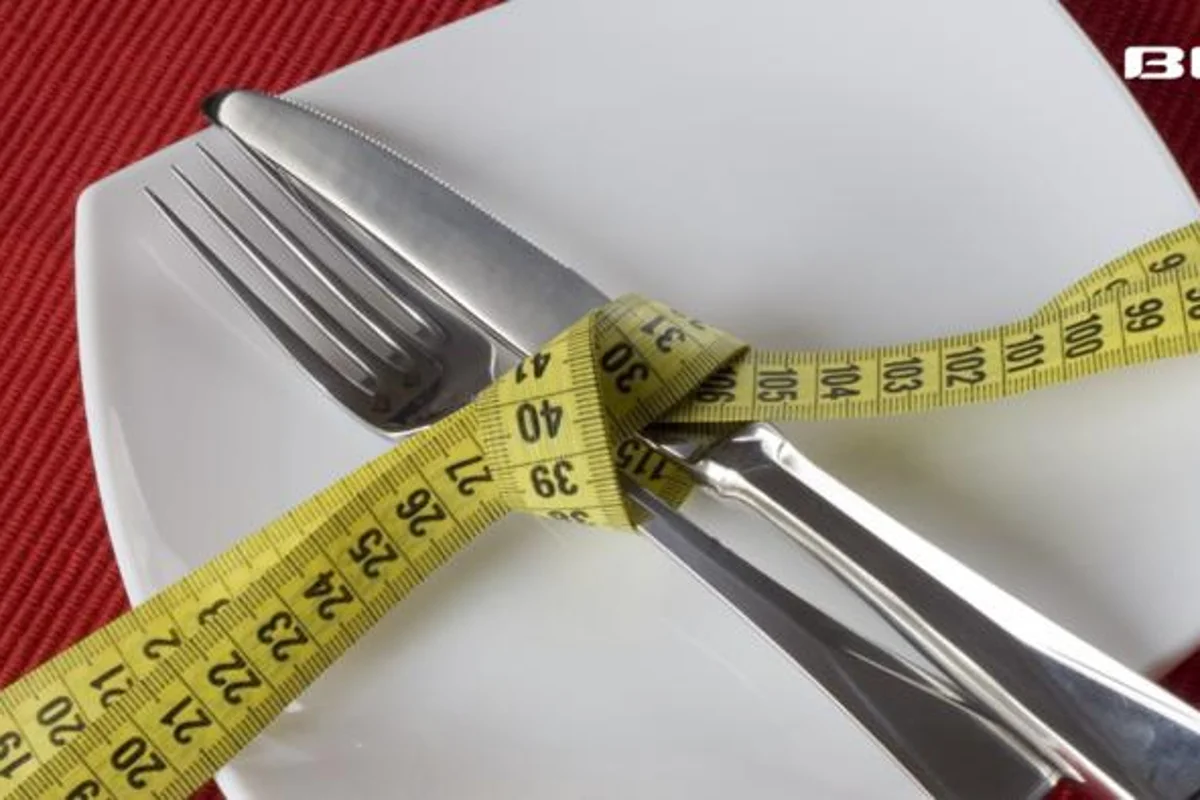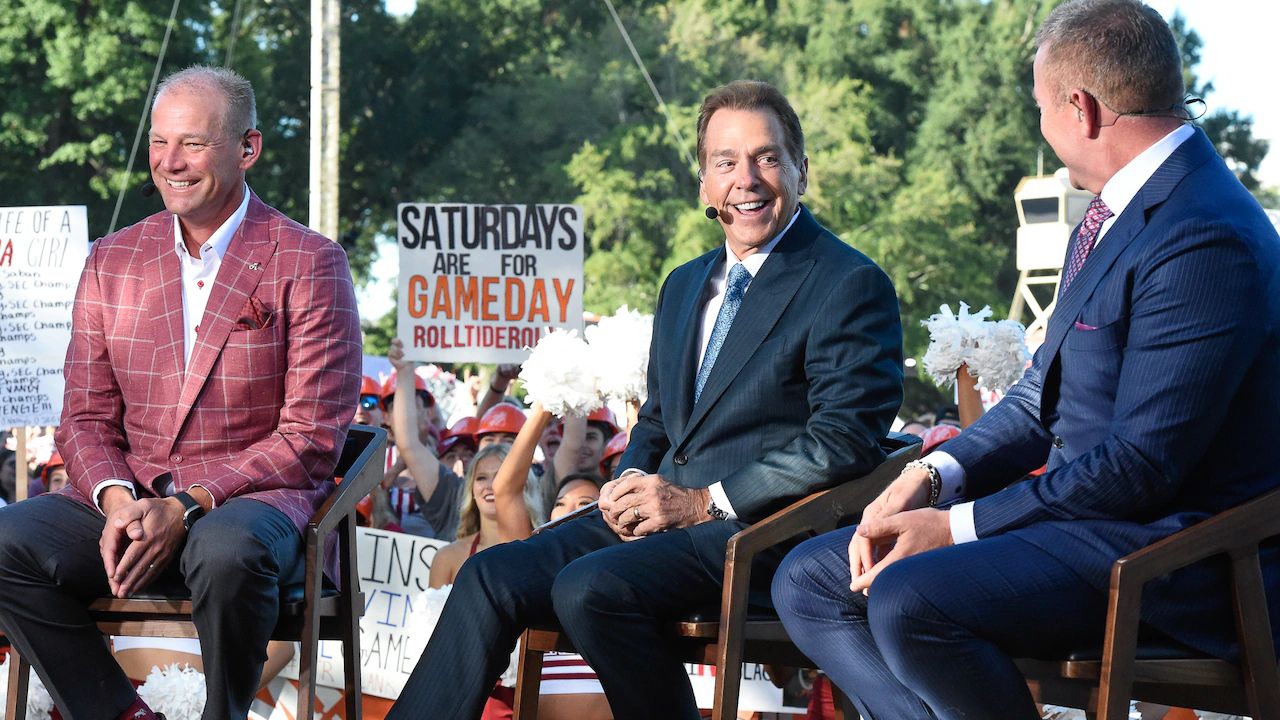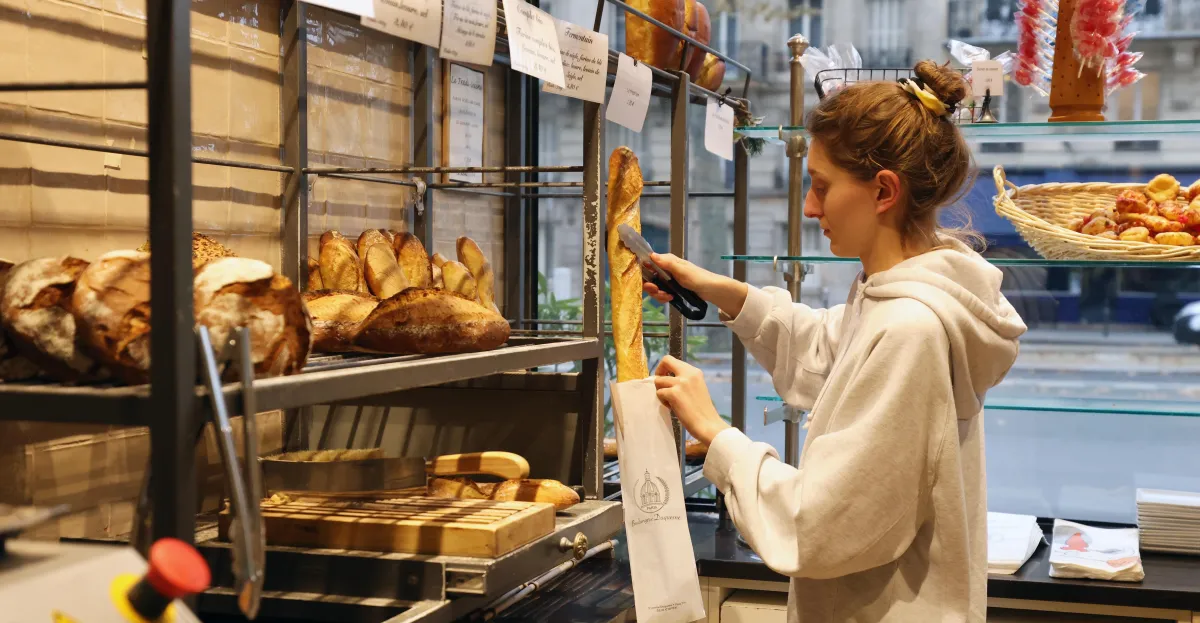Copyright Heavy.

NBA commissioner Adam Silver is tightening his stance on sports betting after a string of gambling-related controversies rocked the league. The longtime advocate for legalized wagering now says more regulation is necessary to preserve competitive integrity and protect players from harassment by frustrated bettors, per ESPN. Appearing Tuesday on The Pat McAfee Show, Silver revealed that the NBA has already asked its sportsbook partners to scale back certain player props, particularly those involving two-way contracts. His comments come months after former Toronto Raptors forward Jontay Porter was banned for life for manipulating his performance in games to influence betting outcomes. “We’ve asked some of our partners to pull back some of the prop bets, especially when they’re on two-way players, guys who don’t have the same stake in the competition, where it’s too easy to manipulate something that seems otherwise small and inconsequential,” Silver said. “We’re trying to put in place, learning as we go and working with the betting companies, some additional control to prevent some of that manipulation.” Silver added that while legal betting has brought transparency, it has also created new risks for both players and fans. Prop Bets Under Fire After Jontay Porter Scandal The Jontay Porter case remains the most glaring example of how sports gambling can cross dangerous lines. Porter was found to have shared confidential team information, limited his own playtime, and bet on NBA games, Yahoo reports. The league’s investigation determined he intentionally underperformed to help others win wagers, leading to a lifetime ban. According to DraftKings, Porter’s betting unders became some of the most profitable props on specific game days last season. In one instance, bettors won big after Porter exited early with an injury, raising immediate red flags. Silver’s decision to ban Porter was viewed as a warning shot, but his comments this week suggest that prevention, not just punishment, must now take priority. “We have to protect the competitors,” Silver said. “It’s often the case that your team wins, and a player scores 25 points, but the bettor had them scoring 28 or 30. We want to protect the environment in the arena and make sure people aren’t getting out of hand.” The league’s increased focus on prop bets mirrors similar actions in other sports. In recent months, both the NCAA and several state regulators have restricted or outright banned certain prop wagers after players were harassed on social media when their stats didn’t hit specific marks. Silver Calls for Federal Oversight While Silver remains supportive of legal sports betting, he believes fragmented state laws create blind spots that make oversight more difficult. He reiterated his desire for federal legislation during his conversation with McAfee. “I think there should be more regulation, frankly,” Silver said. “I wish there was federal legislation rather than state by state. You’ve got to monitor the amount of promotion and advertising around it.” In an interview with Sports Illustrated, Silver said the NBA has maintained “ongoing discussions” with betting companies about tightening controls on prop bets but emphasized that leagues don’t have full authority over how sportsbooks operate. “When sports betting was legalized, the NBA was not at the table,” he explained. “These were deals cut between states and gaming operators.” Despite that, Silver pointed out that legalized betting does provide one key advantage: traceability. “With this regulated structure, we can monitor it in ways that were unimaginable years ago,” he said. “If there’s any aberrational behavior, people betting large numbers who hadn’t historically done so, or even the geotargeting, we know exactly where the bets are being placed.” Silver’s evolving stance reflects a broader shift across professional sports. After years of embracing the financial windfall of legalized gambling, the NBA now faces the challenge of protecting its players, its product, and its reputation from the darker side of betting culture.



